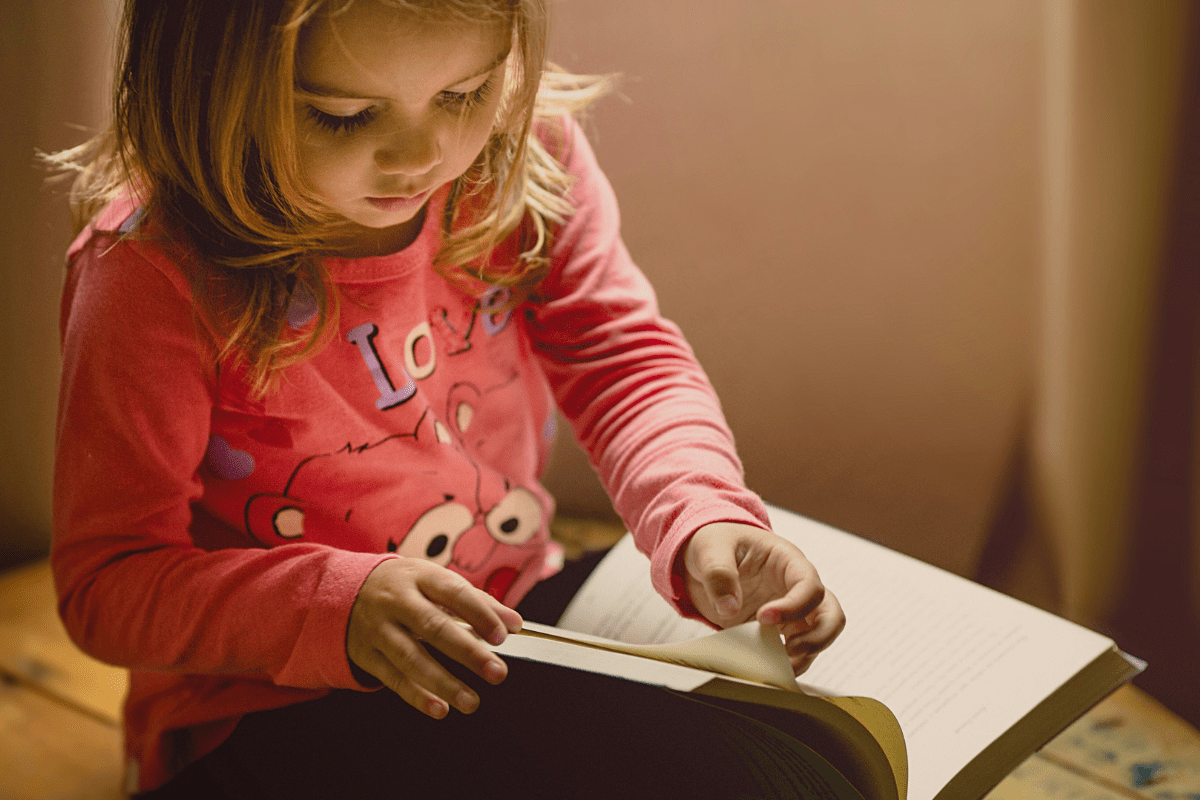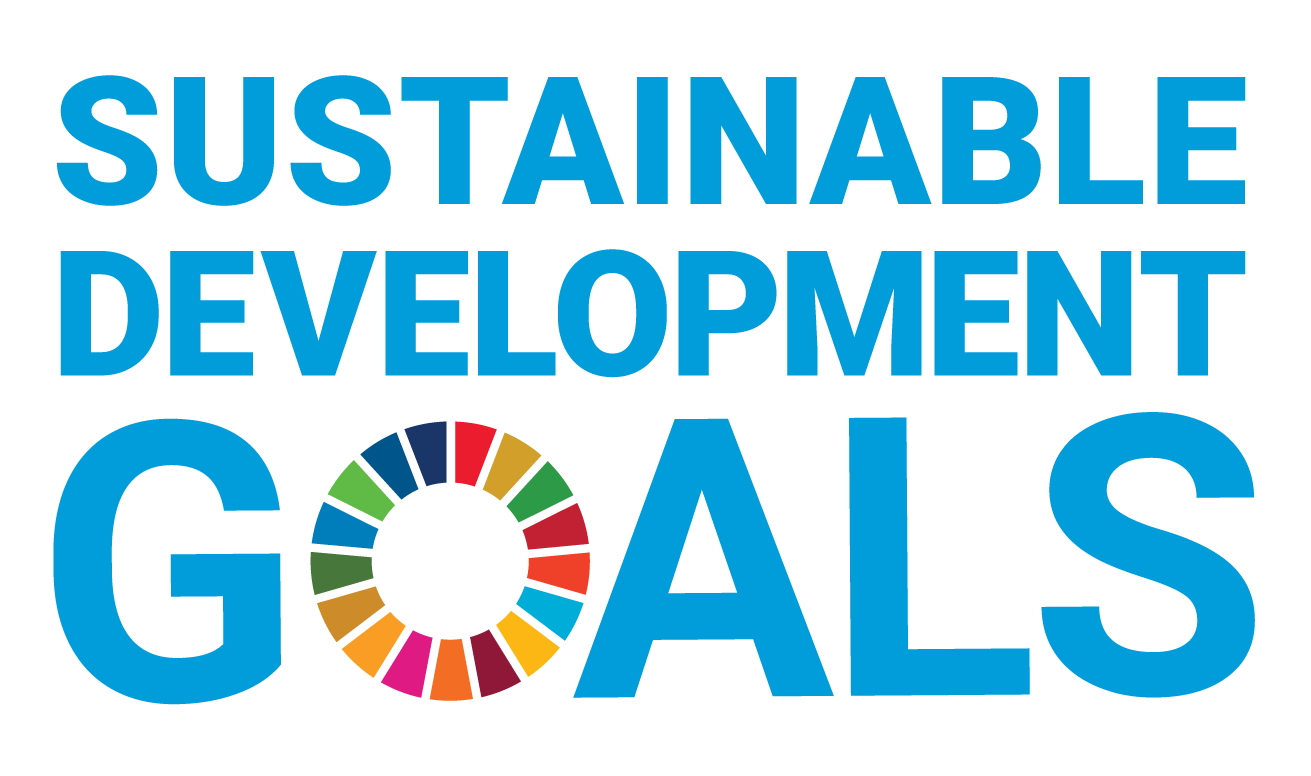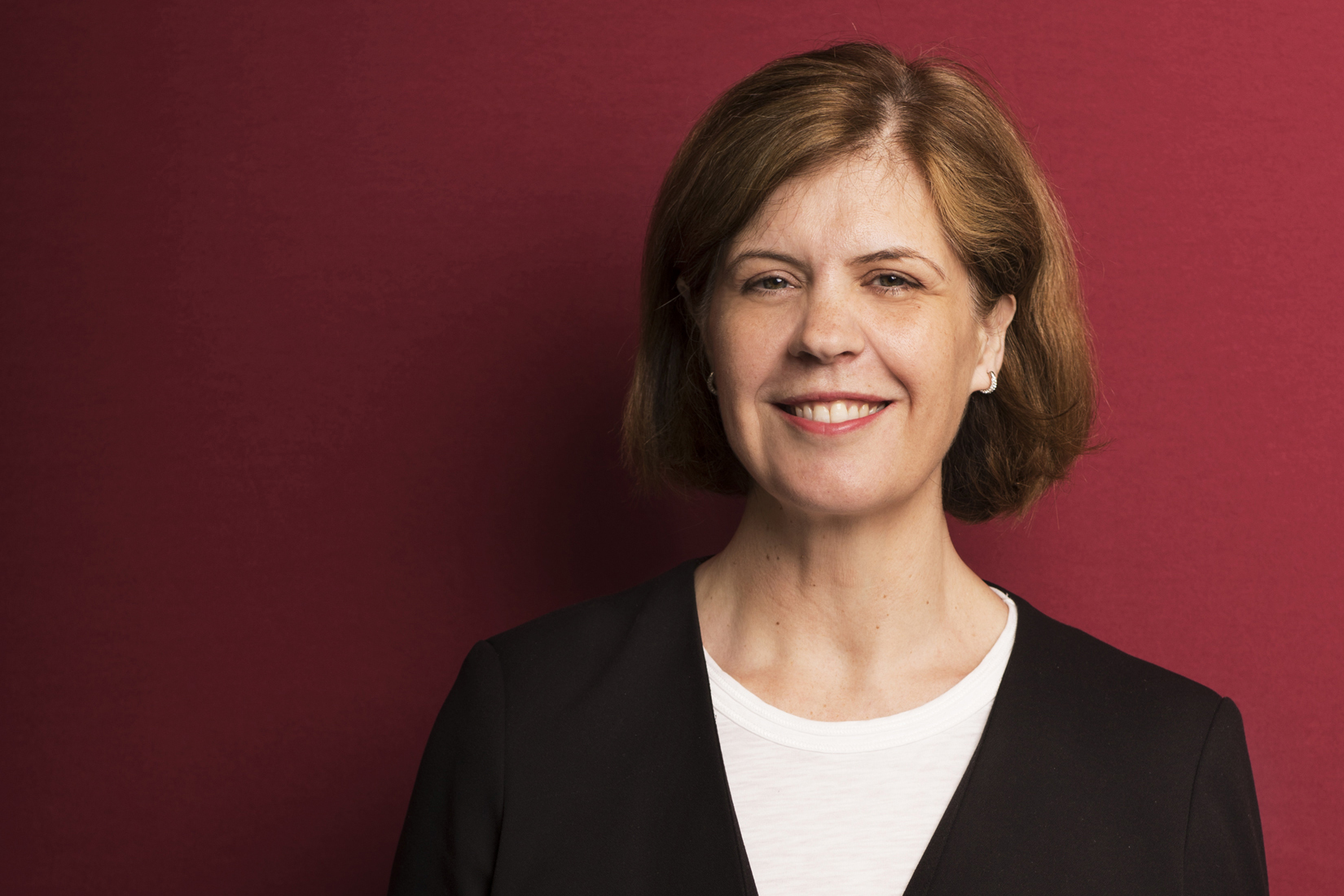You can search for courses, events, people, and anything else.
Cultural identity is critical to a child’s wellbeing. Researchers say it cultivates a sense of belonging, self-esteem and a connection to their roots; it helps kids thrive within their own family traditions, while navigating the complexities of their world with greater understanding and compassion.
Yet, for many children and adolescents placed into foster care or other out-of-home settings, cultural mismatches with caregivers — in terms of ethnicity, language, religion or other backgrounds — can impede the nurturing of these identities, potentially causing feelings of isolation and making it more challenging for young people to thrive emotionally and socially.
A research project led by Professor Rebekah Grace at Western Sydney University aims to address these obstacles within Australia’s child protection system.
With funding from the Australian Research Council, Grace and her colleagues have been studying the factors that facilitate the preservation of heritage and cultural traditions among children who cannot live with their birth parents.
This research aims to inform best-practice guidelines for establishing culturally secure and nurturing settings for youth from migrant and refugee family backgrounds.
Legal provisions already exist to guide the placement of Aboriginal and Torres Strait Islander peoples, but no comparable placement principles have yet been established in Australia for other cultural groups.
"Every child has a right to be raised within their own culture," says Grace, a developmental psychologist who directs Western’s Centre for Transforming early Education And Child Health (TeEACH). "But there are very few practical guidelines and little evidence in this space in terms of what’s effective."
Need to know
- Many children in foster care have a cultural mismatch with their carers.
- This can cause feelings of isolation and make it harder for the child to thrive.
- Western’s Rebekah Grace and colleagues are trying to find out how to help carers to support the cultural connections and identities of children.
"Every child has a right to be raised within their own culture."
Practitioners and service organisations desperately need information on how to successfully support this cohort of children and young people, Grace says.
Her project — which Western researchers are conducting in collaboration with academics at Macquarie University and the University of Sydney — aims to fill that research gap.
She and her colleague Associate Professor Stacy Blythe, Deputy Director of the Translational Research and Social Innovation group, started by conducting a national review of policies and procedures around cultural sensitivity issues within out-of-home care environments in relation to non-Indigenous children from diverse geographic, religious and linguistic backgrounds.
They found very few policies and procedures, and those they did find were mostly aspirational, lacking the kinds of practical guidance needed to effectively navigate the complex task of raising children in a culturally sensitive manner.
To understand the experiences and support needs of all parties involved in welfare services for culturally diverse children in care, Grace and her team are talking to service workers, children, caregivers, and birth-family members. Their focus extends to finding ways to help carers support the cultural connections and identities of children, and identifying useful steps to improve practices.
They plan to design an evidence-based practice model that emphasises the importance of cultural identity and balances the need to support cultural maintenance with other considerations in placement decisions.
"The system is really far behind society’s standards today, in terms of respecting diversity and caring for people," says Blythe, who is also a long-time foster carer, and a board member of the International Foster Care Organisation. "It’s a messy space to work in — which is why we do research to try and fix it."
Meet the Academic | Professor Rebekah Grace
Rebekah’s research is focused on the service and support needs of vulnerable and/or disadvantaged children and their families. She employs a cross-disciplinary, mixed-methods approach to research, and seeks to move beyond the bounds of disciplinary silos to address complex challenges. Rebekah has extensive experience in productive collaboration with government and non-government service organisations, and with multi-disciplinary research teams. Her expertise is in applied research, and in the translation of that research so that it is meaningful within practice settings, and transformative to policy and practice. Rebekah has a particular expertise in the conduct of rigorous effectiveness trials within human service settings, and in supporting service worker understanding of the importance of this kind of research to achieving positive outcomes for children and families. Rebekah is also well known for her research using participatory methods with children and young people, and for her work in the co-design of services with Aboriginal communities.
Credit
Future-Makers is published for Western Sydney University by Nature Research Custom Media, part of Springer Nature.
© Georgijevic/E+/Getty
© MI PHAM/Unsplash
© Jonathan Borba/Unsplash






